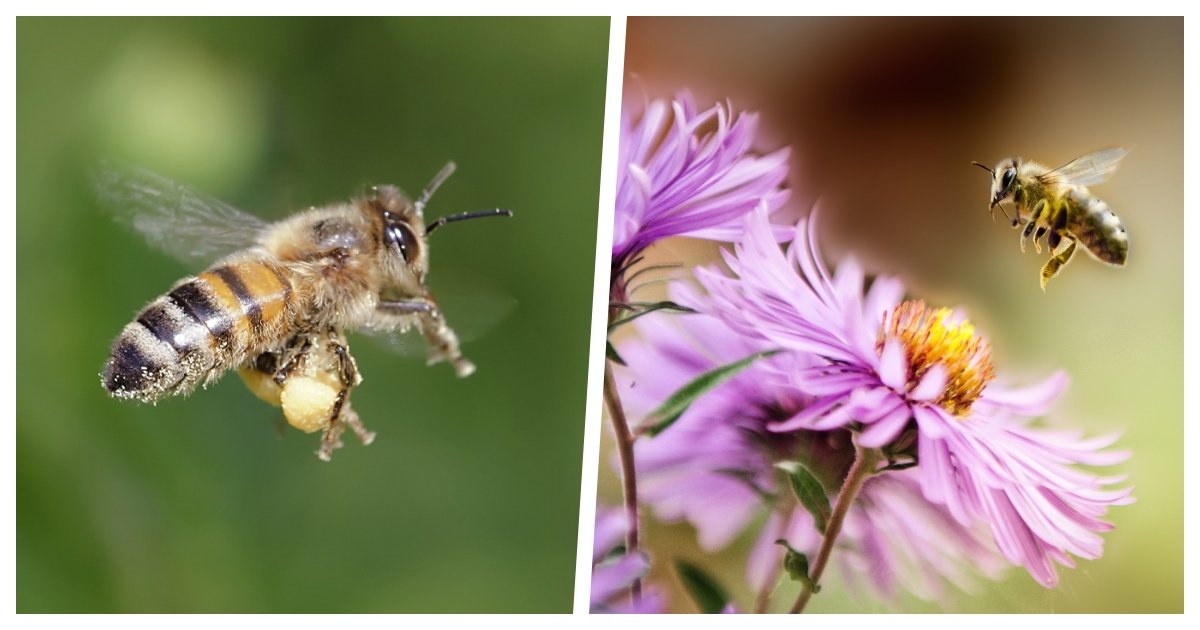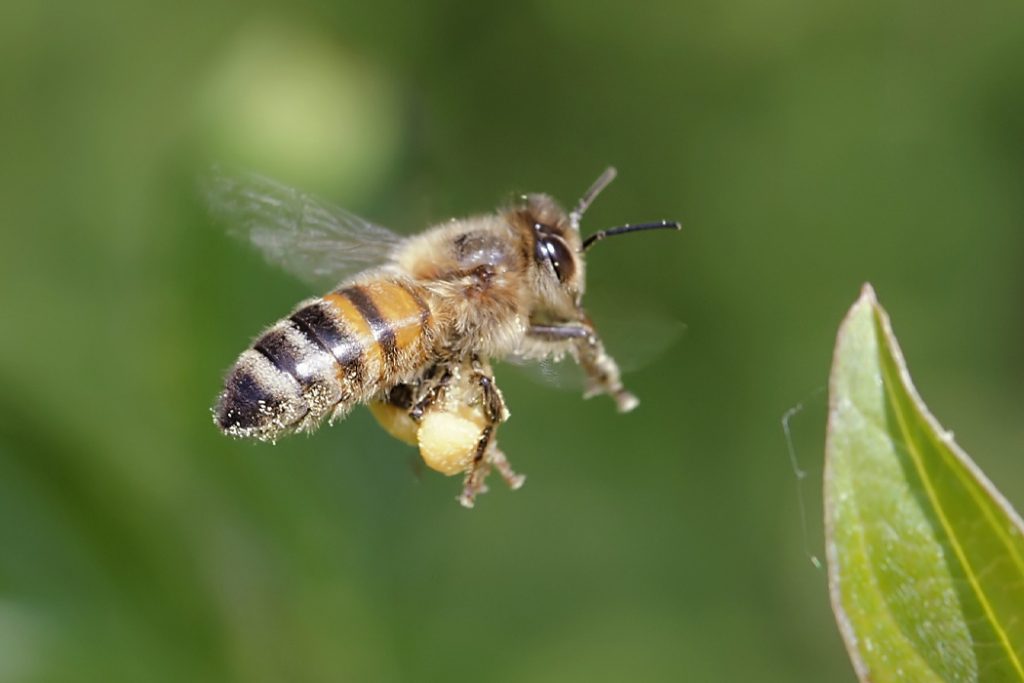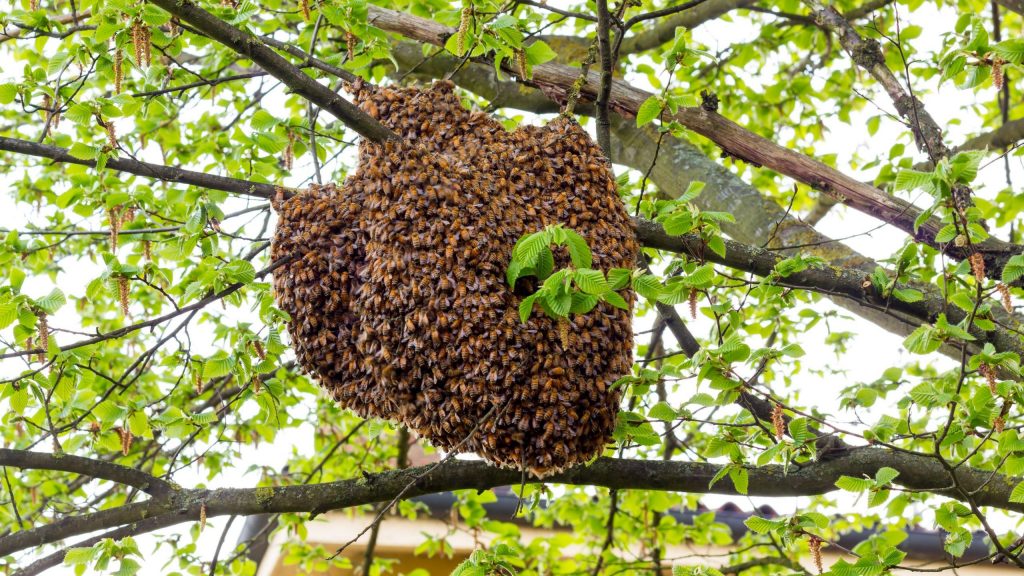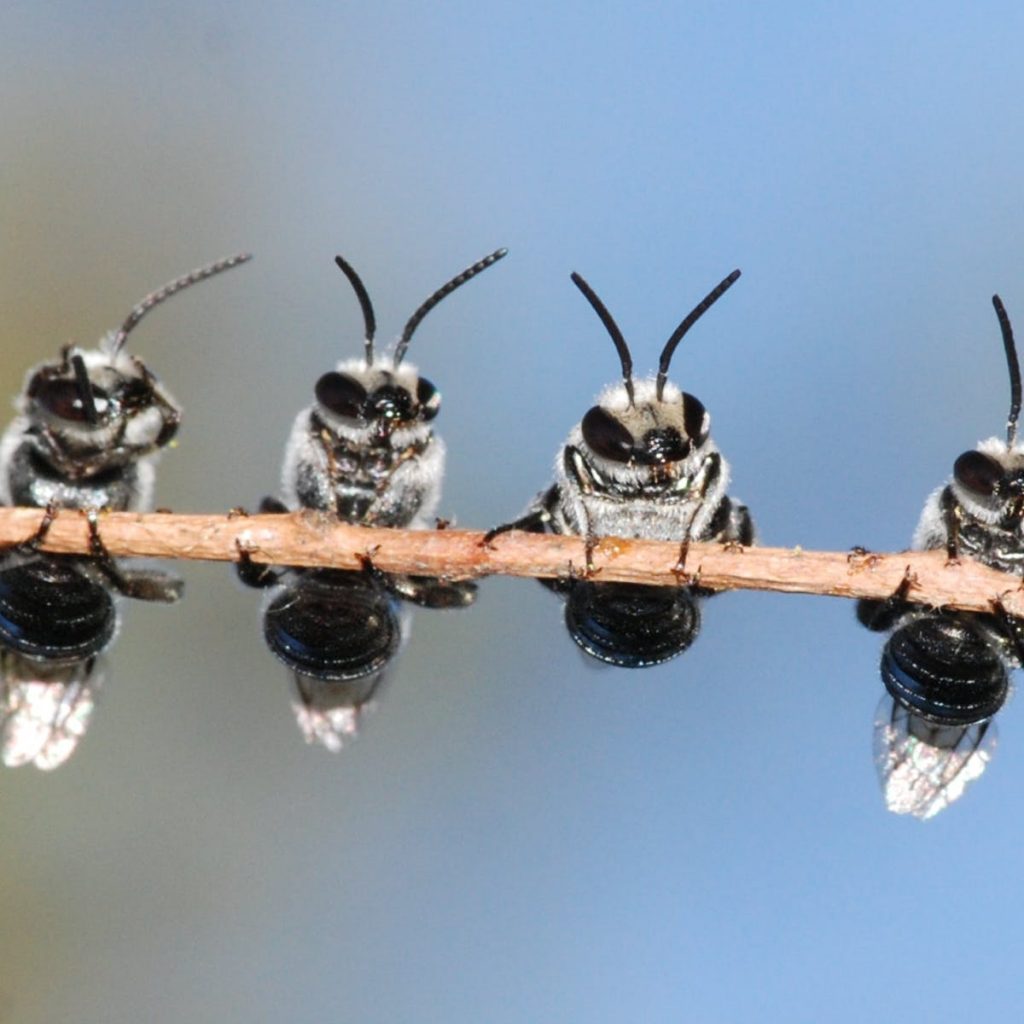As humans are forced to hunker down in their houses to stop the spread of Covid-19, animals have been glad to take the empty spaces.
From more turtle nests being identified in the beaches around the world to lions peacefully napping in the middle of the road, the absence of human activities seems like a boon for all other species.
Another animal that may rebound is the wild bees. The bee population has been decreasing at an alarming state because of human activities such as destruction of habitat and the use of pesticides.
The importance of wild bees is both widely known and yet somehow still undervalued. A third of all the food humans consume and four-fifths of the flowers require bees for survival. A study by the University of Reading suggested that bees may be contributing up to $150 billion to the global economy.
As we stay indoors, we are inadvertently stopping many activities that have disturbed and threatened the survival of the bees. For example, experts explain that reduced air pollution from the lack of travel is a big positive for the bees.
With less fumes, the scent of flowers and plants can spread to much further distances. This means that worker bees do not have to wander around looking for pollen. This saved energy means that the bees are likely to sustain larger colonies, giving them a chance to repopulate.
In an ironic twist, severe travel bans imposed by governments around the world means that scientists are having difficulties measuring how well the bees are doing. With most experts forced to stay indoors, they have asked the general public to help them gather data.
Ecologist Claire Carvell told BBC that “citizen science” is extremely valuable in times like these when experts can’t be out in the fields. The monitoring can be completed by simply observing a flower for 10 minutes and recording how many insects interact with the flower.
Experts and conservationists hope that they can achieve a dual achievement by having more citizens involved. They hope that citizens will not only help them gather essential data, but also become more engaged with the survival of the bees as an ecological issue.
There is no doubt that bees are a quintessential part of our ecosystem. If you are interested in helping out, check this link. Share this story with your friends, and be sure to follow us on Facebook for more stories like this one.
Replaced!






